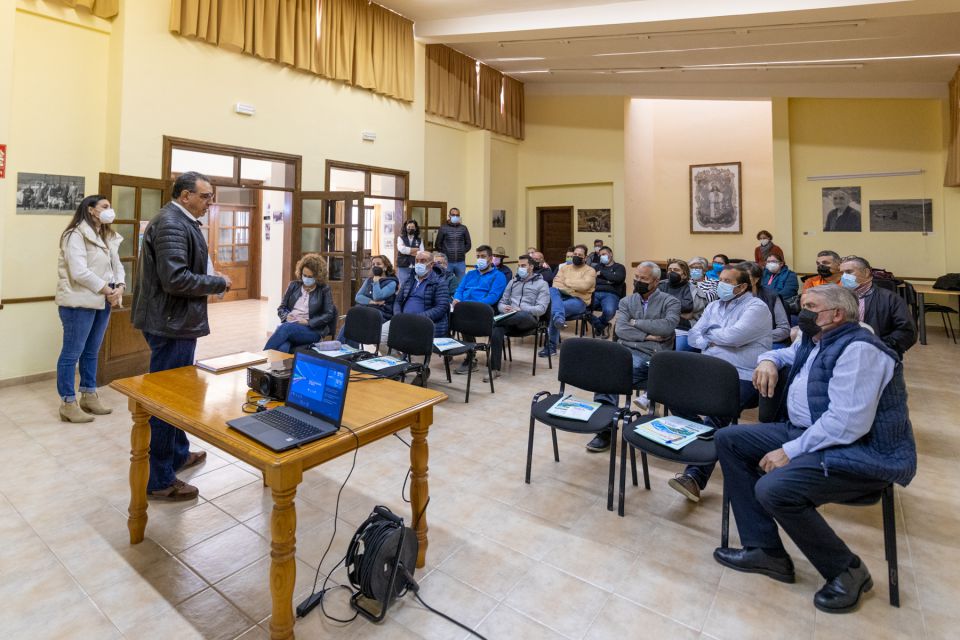Adeje’s department of economic development and the Adeje Impulsa project under councillor Raquel Rodríguez Alonso, are developing an ‘integrated strategy for the Adeje economy’, a plan that is designed to encourage innovation and business application in the primary sector, aiding in commercialisation, digitalisation, and a reactivation of the sector – agriculture, fishing, etc. – advancing its status as a vital economic motor in the region.
“We are working to reinforce businesses in the sector from a competitive point of view, this is essential for them, to work towards innovation in the sector, more sustainable working models, that will directly benefit the business network in Adeje, including small and medium enterprises, the self-employed, producers and particularly those in the primary sector”, she said.
The project will last for three years and will undertake a diagnostic of the primary sector, growers, cattle farmers, bee-keepers, fisheries, artisans, forestry workers and those who are working in the environmental development area, as well as packers and those in local co-operatives. People involved in rural tourism, eco-tourism and other related jobs will also be included, indicated the councillor.
Rodríguez Alonso underlined the importance of the primary sector for the borough, as was the promotion, sale and consumption of locally produced goods, “strengthening the primary sector and revitalising agriculture locally.” The councillor has already met with people living in the Adeje midland regions, in Ifonche, Tijoco Alto, Taucho, where she has heard first hand of the uncertainties facing the sector, how live on the land has been during the pandemic, their needs, social and economic.
When the diagnostic section of the project is complete the next phase will see direct actions being taken to meet those needs identified and improve resources for the sector, helping those working to become more competitive, working in a circular economy.
According to the councillor the plan will enable the council to target resources for each particular sector – rural, livestock, fisheries, cheese and dairy producers, fruit growers, etc.
